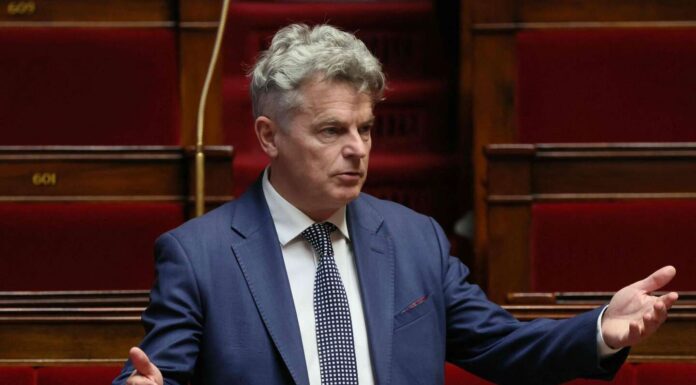At a plenary session in Strasbourg, MEPs debated foreign interference and espionage by non-EU countries in European universities.
Universities are nerve centres of research and innovation, as well as spaces for debate and the exchange of knowledge. They are, however, also targets of foreign interference by third countries such as China, Russia and Iran, said MEPs during a plenary debate.
“This topic, in terms of possible interference at the university level, is a blind spot for our policies. It is a proven fact there can be two types, either outright espionage when it comes to research, or influence,” Renew Europe MEP Laurence Farreng told Euronews.
Taking the floor at the European Parliament in Strasbourg, MEPs supported that third countries take advantage of academic partnerships to benefit from technology transfers, conduct espionage operations and influence debates.
“China is funding European researchers in strategic areas such as artificial intelligence, quantum technologies, space research and biotechnology. Chinese researchers are required by their intelligence agencies to share their knowledge with the state,” declared Hannes Heide of the S&D party.
“There is therefore an urgent need to strengthen the scrutiny and transparency of research funding,” he added.
Among their recommendations, MEPs called for ensuring transparency in funding institutions, raising awareness at universities and increasing public funding in higher education.
“We should also coordinate this work with European intelligence agencies. After all, they will often be the first to uncover foreign interference,” argued Markéta Gregorová of the Greens/EFA Group.
“China and Russia are our main source of foreign interference. So, while we welcome students with ties to these nations into our universities, we should not be naive and grant easy access to cutting-edge technology to everyone. We must be vigilant, though not paranoid,” she concluded.
Despite the issues pointed our during the plenary session, MEPs also stressed the importance of guaranteeing academic freedom alongside the autonomy and openness of institutions.












